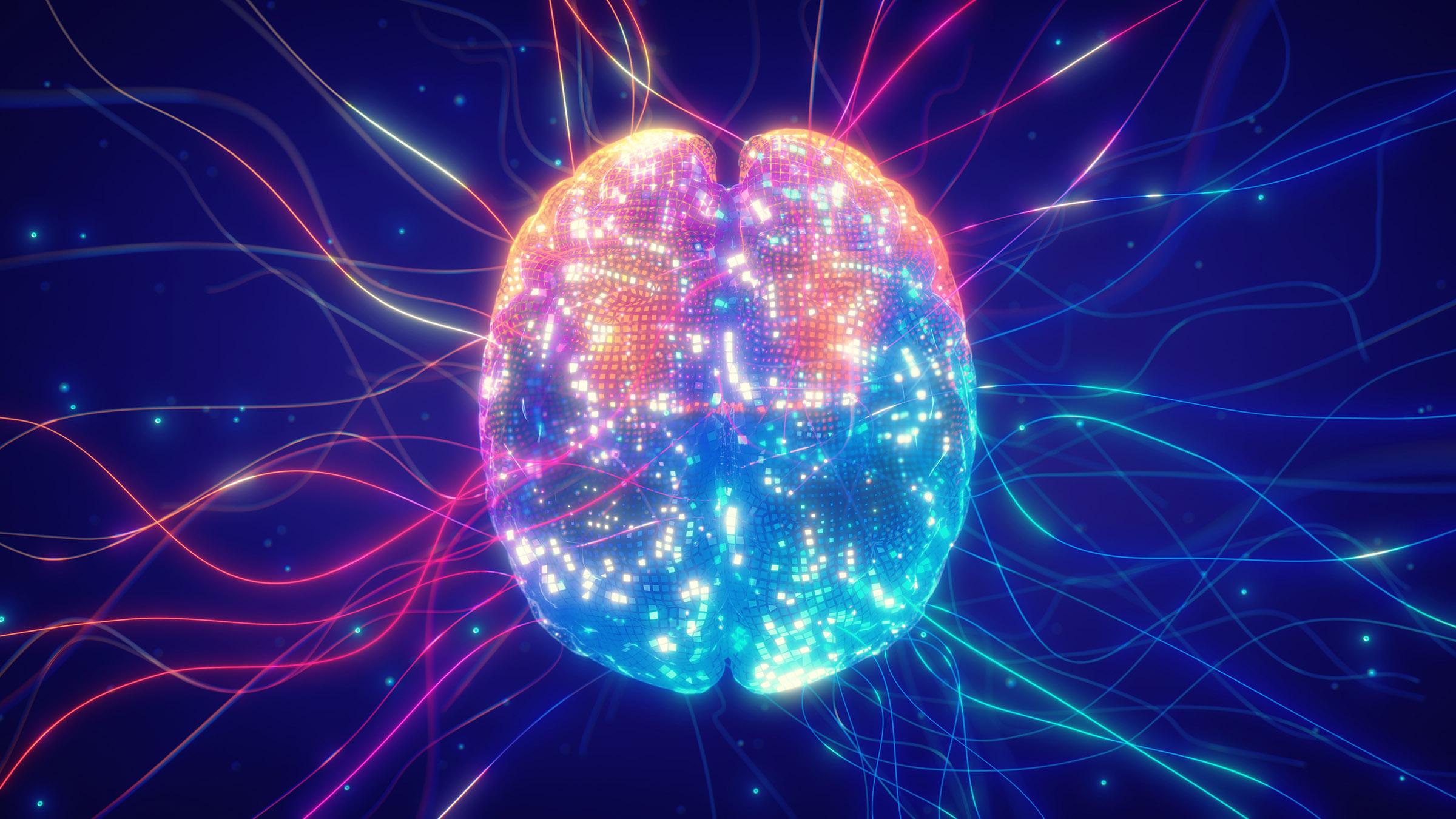When we think about memory, the brain naturally takes center stage. From recalling a childhood experience to learning a new skill, our minds seem to carry the weight of storing and retrieving information. But what if memory isn’t confined to the brain? What if our bodies have memories, too?
That’s the basic idea behind new research which suggests cells throughout our bodies—like kidney and nerve cells—have their own form of memory. Now, it’s important to note that we’re still learning about how our memories work.
Scientists have uncovered a fascinating phenomenon they call “body memory.” They discovered that non-neural cells can “learn” and retain information from patterns of chemical signals in ways previously attributed only to neurons.
For example, when exposed to spaced chemical stimuli, these cells responded more effectively than to constant exposure. This finding mirrors the “spaced repetition effect” seen in traditional neural learning, where reviewing information at intervals improves retention better than cramming.
The idea that cells outside the brain can store and recall information has profound implications. For starters, it challenges the long-standing belief that memory is an exclusive domain of neural networks. The existence of “body memory” also opens the door to new medical possibilities.
By understanding how tissues throughout the body process information, researchers can hopefully develop innovative therapies for conditions like memory loss or neurodegenerative diseases. Additionally, this discovery could improve treatments that rely on cellular responses, such as targeted drug therapies or regenerative medicine.
Beyond medicine, this research is reshaping how we view the body’s interconnectedness. If cells in organs like the kidneys or heart hold memory-like capabilities, it could explain how tissues adapt to repeated stressors or treatments over time. It also hints at a broader, more complex system of communication and learning within our bodies.
If cells in organs like the kidneys or heart hold memory-like capabilities, it could explain how tissues adapt to repeated stressors or treatments over time. The concept of body memory offers a new lens through which to explore human biology.
